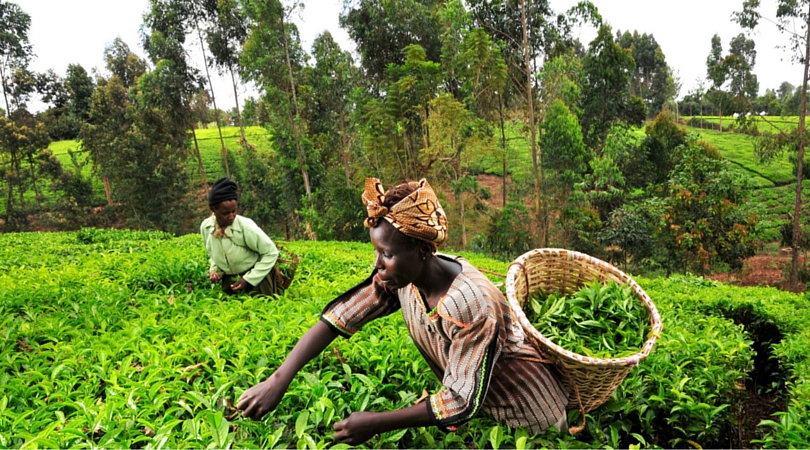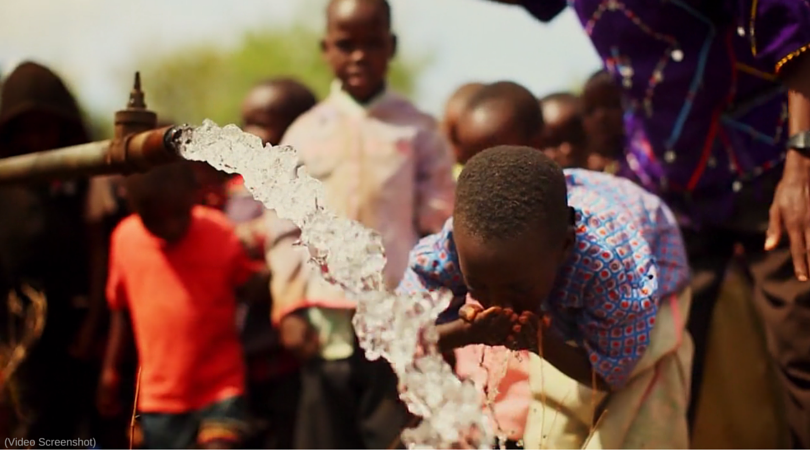Israel is no stranger to drought, famine, and other issues that come from living in a desert climate with little room for improvement. As such, Israeli agribusiness are constantly developing better and more advanced technologies to help mitigate the topographical and meteorological hurdles that are central to the region, making Israel the ideal partner to help African countries that are struggling with these same serious problems. The Embassy of Israel in South Africa is one of the many prosperous partnerships that is helping bring Israeli technologies to African farmers and seeing outstanding success.
This year, the Embassy will be featuring some of the most up-to-date agro-technology companies at the NAMPO Harvest Day convention, and African businesses and citizens are invited to sit and discuss some exciting innovations for future development.
NAMPO 2016
The NAMPO Harvest Day show is an agricultural trade show that brings representatives from across the agricultural sector together. This year, several prominent Israeli agro-technologies are being introduced into the mix.
Israeli Agro-Technologies on Site
Here are a few innovative ideas in-the-making with the potential to aid African farmers in new and incredible ways.
- Haifa Group (Haifa Chemicals Ltd.) is an industry leader, providing water-soluble fertilizers and plant nutrition supplements to enhance crop productivity in the open field. Currently, Haifa SA is working in the greenhouse sectors with control-released fertilizers across Africa including Zimbabwe, Mozambique, Zambia, and RSA. With the help of these plant nutritional solutions, Haifa Group is helping South African farmers increase their crop output in both quality and quantity, significantly decreasing the widespread famine that is a deep-seated issue in the region.
- Metzerplas Agriplas is a manufacturer of irrigation equipment, so in essence, they are the conduit that lets farmers utilize the technologies that Israeli companies are bringing over. In addition to delivering these technologies, Agriplas has set up offices in Africa itself, providing over 100 job opportunities for the locals. Other irrigation systems that will be represented at the convention include NaandanJain and Netafim Ltd.
- Scantask is the creator or AgriTask, a technology that is described as “the world’s most flexible regional agronomic management platform, built to support the next agriculture management revolution.” The tool is meant to help systemize the entire process for streamlined management and greater success.
- Mottes Tensiometers is a company that has developed and is currently utilizing tension lysimeters to measure the amount of nutrients in the roots of plants, really getting to the root of the agricultural problems.
- Schneor Seeds CC is a developer that has germinated high-resilience fruit and vegetable seeds that are resistant to disease and infestation. These seeds can be a real breakthrough for global agriculture as they will eliminate one of the most troublesome barriers against solving world hunger.
The convention is being held in Bothaville, South Africa this year on May 17-20, and African businesses and citizens are invited to come witness some of the greatest agricultural technologies that are changing the world today.







